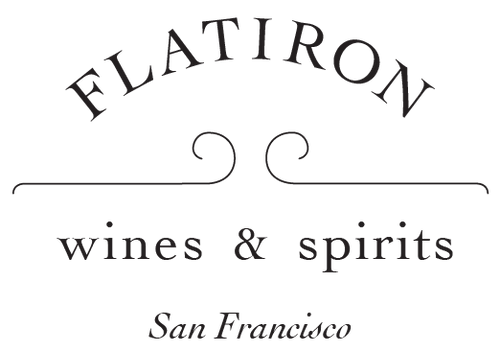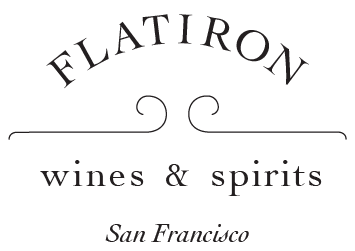AT Roca
In Champagne, lesser quality producers have eagerly added the famous name to their bottles when the AOC recently expanded its borders. In Cava, it’s exactly the opposite: top artisans no longer want to be associated... Read More
In Champagne, lesser quality producers have eagerly added the famous name to their bottles when the AOC recently expanded its borders. In Cava, it’s exactly the opposite: top artisans no longer want to be associated with the Cava brand, and they are leaving the DO behind—and off their labels.
Where do they go? Let’s follow the path of Augusti Torello Roca. He comes from a family that produced Cava for generations. But he is a fervent believer in the quality of Penedès terroir, and was dismayed that Cava did not offer it any recognition. Unlike Champagne, which must be produced in the region and on a typical terroir, Cava can be produced anywhere! Even wines from Rioja can be called Cava as long as they they are made according to the traditional method (that is, with a secondary fermentation in bottle to produce bubbles, as is done in Champagne).
The vast majority of Cava, in fact, is produced in the Catalan region of Penedès, because that is where the climate and soils (rich with marine deposits) are ideal for Cava’s traditional grapes. Roca and a handful of other producers decided to emphasize this terroir by forming a new DO called Classic Penedès, with exacting standards that distinguish its wines from Cava, including the requirement—very rare among the world’s appellations—that all grapes be organically grown!
Roca’s estate, called AT Roca, makes great sparkling wines that rival Champagne in quality but remain close to Cava in price. In addition to organics, Roca distinguishes his wines from industrial Cava with hand-picking, indigenous fermentations, and all the attention to detail that is possible only with small-scale artisanal production. He gives his wines a distinct twist by growing grapes on cooler, north-facing slopes (emphasizing freshness and minerality) and by specializing in the local native variety Macabeu, a delicate and aromatic variety (the other artisans in the region tend to work more with the workhorse Xarel Lo).

